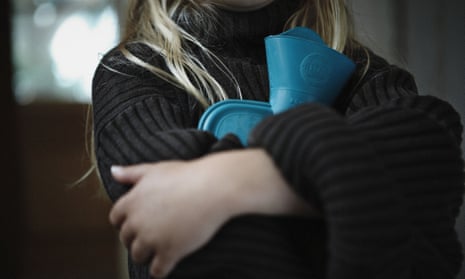The budget neglects poor New Zealanders in favour of the “squeezed middle”, inequality experts have said, despite promises by Jacinda Ardern’s government to combat child poverty.
Budget 2022 offered up a swathe of short-term sweeteners to soften the rising costs of living, including a $350 payment for people earning less than $70,000 but not on other benefits.
“It’s designed to exclude some of the poorest New Zealanders,” said Max Rashbrooke, an economic and inequality researcher.
Ardern campaigned on the promise to combat child poverty, and made herself the first minister for child poverty reduction in 2017. The government says all nine child poverty measures are trending downwards, resulting in 66,500 children being lifted out of poverty, but those working on the ground say in the nearly five years the government has been in power, the dial on poverty has barely shifted.
A rule change, which would stop the crown raking back child support payments from parents on benefits, would lift another 6,000-14,000 children out of poverty, Ardern said on Thursday. “For decades, beneficiary sole parents have been denied money that is rightfully theirs by an outdated rule.”
From July 2023, payments will be paid directly to the parent and charged as income, giving 41,550 parents about $24 a week extra in their pocket, at a cost of $354m to the government.
Ardern said it would “encourage more parents to pay child support as they know it will go directly to their children”.
Campaigners have fought for decades to get that policy changed, and Thursday’s announcement was a “big deal”, Rashbrooke said.
But there is little else in the budget for the poor, he added, saying the government had lost its momentum on child poverty. “For all of Labour’s increases to core benefits, [beneficiaries] are still easily between $50 and $200 short a week of what they need for a life of dignity.”
Child Poverty Action Group’s chief executive Laura Bond said “families locked into poverty will not see any relief from this year’s budget”.
“Many families in the deepest poverty won’t be eligible to receive the new cost of living payment, leaving them with nothing extra, at a time when the cost of groceries and other essentials are soaring,” she said.
Other funding announcements included an increase in dental care support from $300 to $1,000 a year per person, costing $125.8m, and widening the eligibility net for hardship grants.
Over $100m will also go towards family and sexual violence services in New Zealand, which has one of the highest rates of family and sexual violence in the developed world.
This is the fourth budget the government has put together using the “wellbeing approach”, which includes a broader range of outcomes to assess policy success, and first grabbed headlines in 2019.
